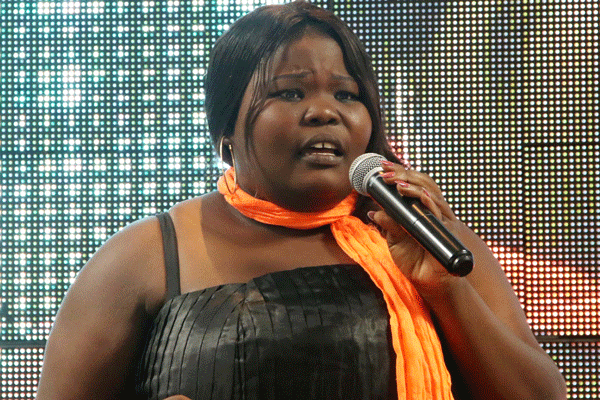
By Kennedy Nyavaya
Local comedians are irate over their colleagues’ recent summonsing by the police in a move they say is the state’s attempt to undermine freedom of speech and expression engraved in the constitution.
In the past two months Comic Pastor (real name Prosper Ngomashi) and the Bustop TV duo of Gonyeti (Samantha Kureya) and Magi (Sharon Chideu) were taken into custody for questioning over politically incorrect jokes before they were released following payment of fines.
The development comes crushing on hopes that the new administration under President Emmerson Mnangagwa would take a more democratic stance divergent to his autocratic predecessor Robert Mugabe, whom he toppled in November 2017.
“It is definitely a sad day when the government starts arresting comedians and I think the recent harassment of Gonyeti and Magi is worrying and shows that there is a trend within government of not respecting freedom of expression,” satirist Samm “Cde Fato” Monro told Standard Style on Friday.
For a period following the overthrow of Mugabe, the powers-that-be seemed to have assumed a liberal stance, but now appear to have restored the heavy-handedness of the past.
Lucky Aaroni, the man behind Bustop’s skit production, concludes that the intimidation reincarnates fear of the unknown for jesters thereby compromising their creativity.
“Under such a situation one is compelled to self-censor before they produce any work, which negatively affects the end product and the audience can easily notice when something is done under threatening conditions,” he said.
- Chamisa under fire over US$120K donation
- Mavhunga puts DeMbare into Chibuku quarterfinals
- Pension funds bet on Cabora Bassa oilfields
- Councils defy govt fire tender directive
Keep Reading
Following the brush with law enforcers, Aaroni says they have been compelled to “tighten our security” as well as sought legal advice.
“Lawyers say we should continue without fear and they have said that if we are not sure about our content, we can pass it through them to make sure we are not breaking any laws according to the constitution,” he said, adding that the state “views comedy as something dangerous”.
“They see comedy as a threat because even the line of questioning (by police) borders around asking who sent us and assuming that we have been sent for a regime change agenda.”
For Cde Fatso, who has fallen victim to a similar ploy by the state, ironically during Mugabe’s era in 2017, the phenomenon is “worrying” and an unwarranted attempt to gag comedians.
“We do not attack leaders for the sake of attacking them, but we do so based on their promises as well as their performance, that’s very much what we do,” The Week’s host said.
According to him, the move is an umbrella attack on all artistes’ freedoms regardless of genres at a time when they should be an amplified voice of the people.
“That’s the last thing we want right now considering the terrible state of affairs where we have got our politics in gridlock and economy falling apart. We artistes should be the voice of the people,” he said.
Meanwhile, on the other southern side of the Limpopo border, the government has long warmed up to comedy as well as any type of jokes if engagements between President Cyril Ramaphosa and Trevor Noah this past week were anything to go by.
Back home, while it is uncertain as to what end and for how long the state plans to end the blitz on comics, Cde Fatso has urged them to develop thick skins and not to take comedy too seriously.
“I do not think the government understands the role of comedy in society, they need to develop a sense of humour (because) they are in power now so they need to accept the reality that we will make jokes and laugh about them,” he said.
“They need to come to comedy shows, feature on our programmes and come to The Week so we can grill them. If they have a really good sense of humour, they need to come for roasts and we will roast them — that is comedy, satire and we do not have boundaries.”











